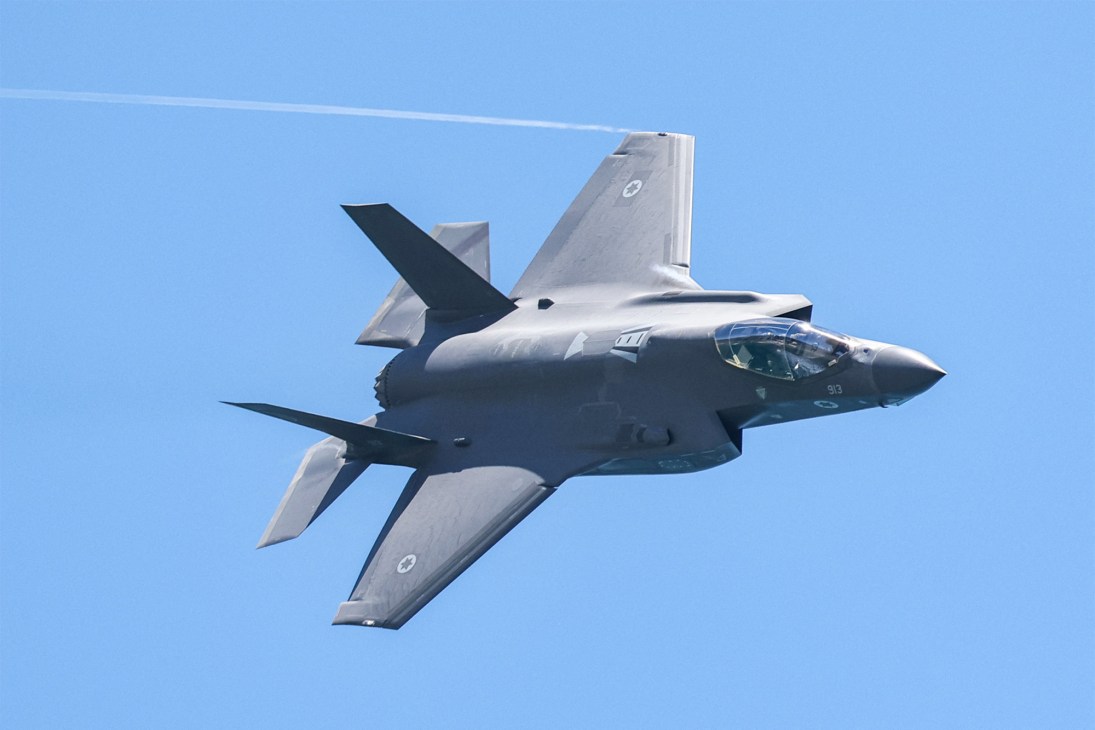Up in the air: India’s fighter-jet conundrum
New Delhi must choose between Washington and Moscow when it comes to its next generation of fighter jets.
Since its independence in 1947, India has assiduously avoided enmeshment in any bloc or alliance (“We endeavour to maintain friendly relations with all countries, even though we may disagree with their policies or structure of government,” as Jawaharlal Nehru had it). Sometimes, however, choices must be made and India now faces one both militarily and diplomatically significant: whether its next generation of fighter pilots will fly the US-built Lockheed Martin F-35 or the Russian-made Sukhoi Su-57. The F-35 is the more advanced aircraft but costs at least twice as much – and there is yet more to it than that.

“Strategic and geopolitical implications will be taken into account,” says Dr Walter Ladwig III, senior lecturer in International Relations at King’s College London. “As a major weapons purchaser, New Delhi has used arms deals as part of its overall diplomacy, ensuring that a range of strategic partners get a piece of India’s business.”
India’s relationship with Russia is, however, especially significant. “The majority of front-line combat platforms across all three services are of Russian origin,” says Ladwig. “Even before the Ukraine war there was an attempt to reduce India’s dependence on Moscow.”
There might seem an obvious third option for a country that does build fighter jets. India’s Aeronautical Development Agency is working on a fifth-generation fighter which would be an approximate analogue to the F-35 or Su-57 – but it is not expected before 2035 at the earliest.



